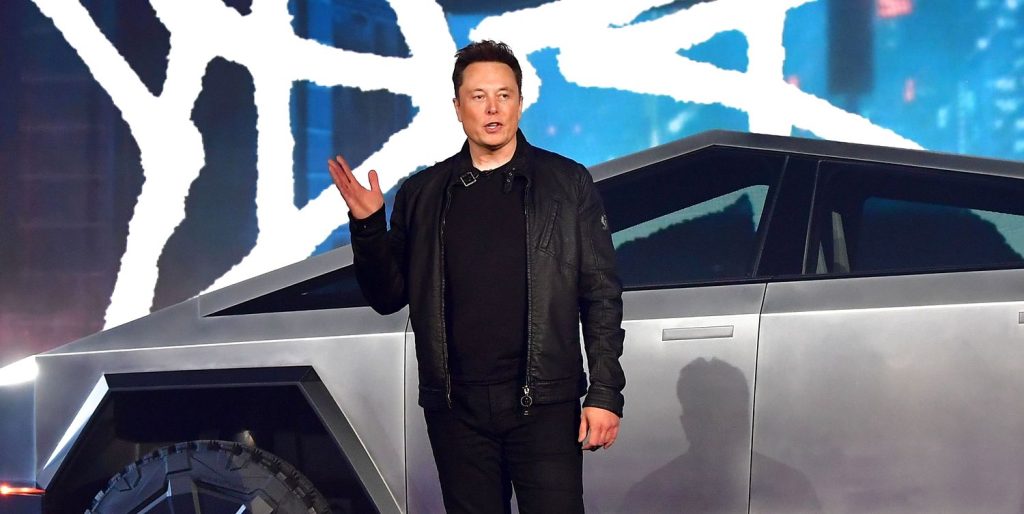Musk’s influence is further amplified by the platform’s algorithms.
Others are reading now
Elon Musk, one of the world’s richest individuals, has become a significant player in U.S. political discourse by openly supporting former President Donald Trump through his social media platform, X (formerly Twitter).
Musk’s Direct Involvement in Politics
This marks a notable shift in the role of social media moguls in politics, as Musk openly endorses a political figure—a move unprecedented among major tech platform owners, according to SE.
Dr. Tomasz Markiewka, a philosopher and publicist, highlights the implications of Musk’s direct involvement in politics. Unlike previous social media platform owners who remained politically neutral, Musk is the first to explicitly back a particular political party and candidate.
This behavior contrasts sharply with platforms like Facebook and TikTok, whose owners have historically refrained from such overt political endorsements.
Also read
According to reports, Musk has been using X to promote right-wing conspiracy theories and rally support for Trump. This level of involvement raises concerns about the potential dangers of a billionaire leveraging a powerful platform to influence public opinion.
Both Owner and User
Dr. Markiewka draws a comparison with Jeff Bezos, who owns The Washington Post but does not personally use it to publish political endorsements. Musk, on the other hand, is both the owner and a prominent user of X, directly shaping the platform’s content and visibility.
Musk’s influence is further amplified by the platform’s algorithms, which ensure his posts reach a vast audience, making it challenging for users to avoid his content. This dynamic exemplifies the growing power of tech billionaires and their potential to sway political discourse.
Dr. Markiewka argues that while billionaires have always sought to influence public debates, Musk’s approach is unprecedentedly direct. He advocates for systemic reforms to regulate social media giants and mitigate their influence on democratic processes.


